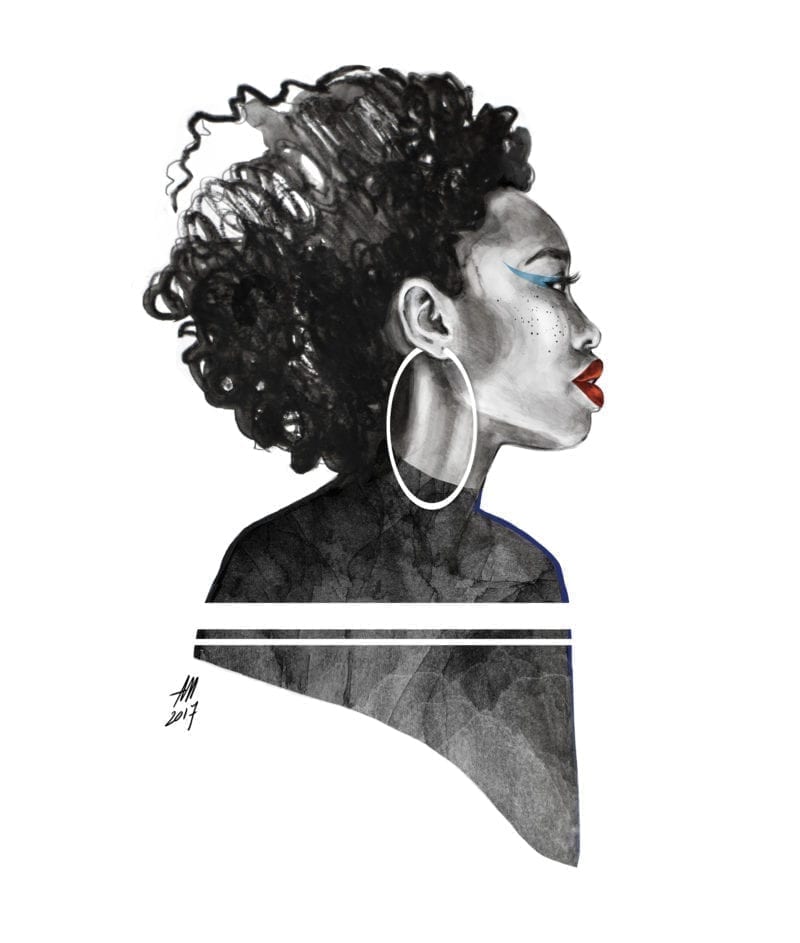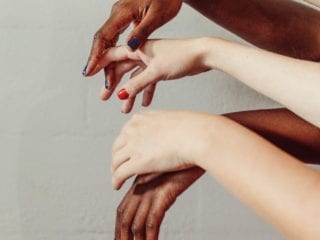This post was originally published on February 3, 2020.
When I was posed with the question about why Black History Month is relevant today, I thought, “Oh, I have to really think about this because I want to help people understand.” As a little Black girl growing up in a large metropolitan city with residents who were predominately people of color, I never questioned Black History Month. It just was.
At school, February was dedicated to both well-known and obscure Black heroes and heroines in the history of America. We read books by prolific Black authors and poets. We memorized speeches from Malcolm X and Dr. King. We put on school assemblies where the students dressed up as inspirational figures in African American history.
Even when it was not February, my public school teachers made sure to provide us history coupled with ample homework about accomplished Black pioneers, politicians, dancers, writers, doctors and inventors. Our history was rich and expansive, and they wanted us to know it. This was the norm.
Our history was rich and expansive, and they wanted us children to know it.
As I got older, I realized this was not the norm for many Black people in America. Depending on where you live in the states, you may not have the opportunity or access to learn about Black history and culture, outside of the mention of a few big names like Rosa Parks, Harriet Tubman and George Washington Carver. Many Black people are disconnected from their American history.
Three hundred years of slavery stripped us of much of our connection to African culture. Black History Month allows us to remember our American history. We went from African kings and queens with pyramids made in our honor, to slaves on ships, to being labeled as three-fifths of a human being, to present-day music icons to holding the highest office of the land, president of the United States. We are perseverance defined.
Here are my thoughts on the importance of Black History Month:
What does Black History Month mean to you personally?
As a kid growing up in Detroit, I remember celebrating the month with a big school assembly. All the students got to act out notable figures in African American history. To me, Black History Month has always been that—a celebration. A celebration of people who went before us, who broke down barriers and who may not otherwise get recognized in history books.
There is a lot of pain in the history of Black people in America. Black History Month to me says, “Hey, let’s remember the beauty, the joy and the struggle.” It was a joy, and still is, to share their stories so they are not forgotten. These stories are not just names on pages, but they are real people.
These stories are not just names on pages, but they are real people.
Who are some notable figures in Black history who inspire you?
Madame C.J. Walker was a pure and utter boss. She was an entrepreneur, philanthropist and activist during the late 1800s and early 1900s. This was still during the time of Jim Crow Laws, when racial segregation was legally enforced, and she became a millionaire! Self-made, relentless, persistent—that’s my kind of woman.
I also really love the story of the Little Rock 9, the nine Black students who were the first to integrate an all white school in Little Rock, Arkansas in the late 50s. Legal segregation of schools was ruled illegal by the Supreme Court. Yet, these teenagers were met with angry mobs at the front doors of their new school. When I look at the pictures from that day, I imagine how much courage that took.
What would you say to someone who wonders why is it still relevant today?
Author James Baldwin said, “I began to be bugged by the teaching of American history because it seemed that history had been taught without cognizance of my presence.”
Black History Month is a chance to celebrate a group of people who have been disenfranchised throughout history. Their stories, inventions, successes and accomplishments are often left out of American textbooks. Kids are often only taught Black history in context of a few notable figures like Rosa Parks, Harriet Tubman and Martin Luther King Jr.
How many people know that the life-saving technology of automatic doors for elevators was created by a Black man? His name is Alexander Miles. Or that caller I.D. was invented by a Black female scientist? Her name is Dr. Shirley Jackson. Black History Month is an opportunity to celebrate Black culture in the U.S. and invite others into it. It’s a gift.
Why is it important to continue to share the stories of Black men and women who have impacted American culture?
I often think that I am someone’s dream. Like my grandmother’s grandmother dreamed of me. She dreamed of a day when she and her children could be free—when they could sit at a restaurant counter next to a white patron, when they could sit at the front of public transportation, when they were not seen as property but as human beings, when they could get an education, when they could vote.
I often think that I am someone’s dream.
So many men and women died for rights that I freely walk in today. I try not to ever let that fact elude me. Sharing these stories help us remember the people that came before us, how they fought and how they persisted. It helps us remember that freedom is not free, but someone came before use to pave the way.











